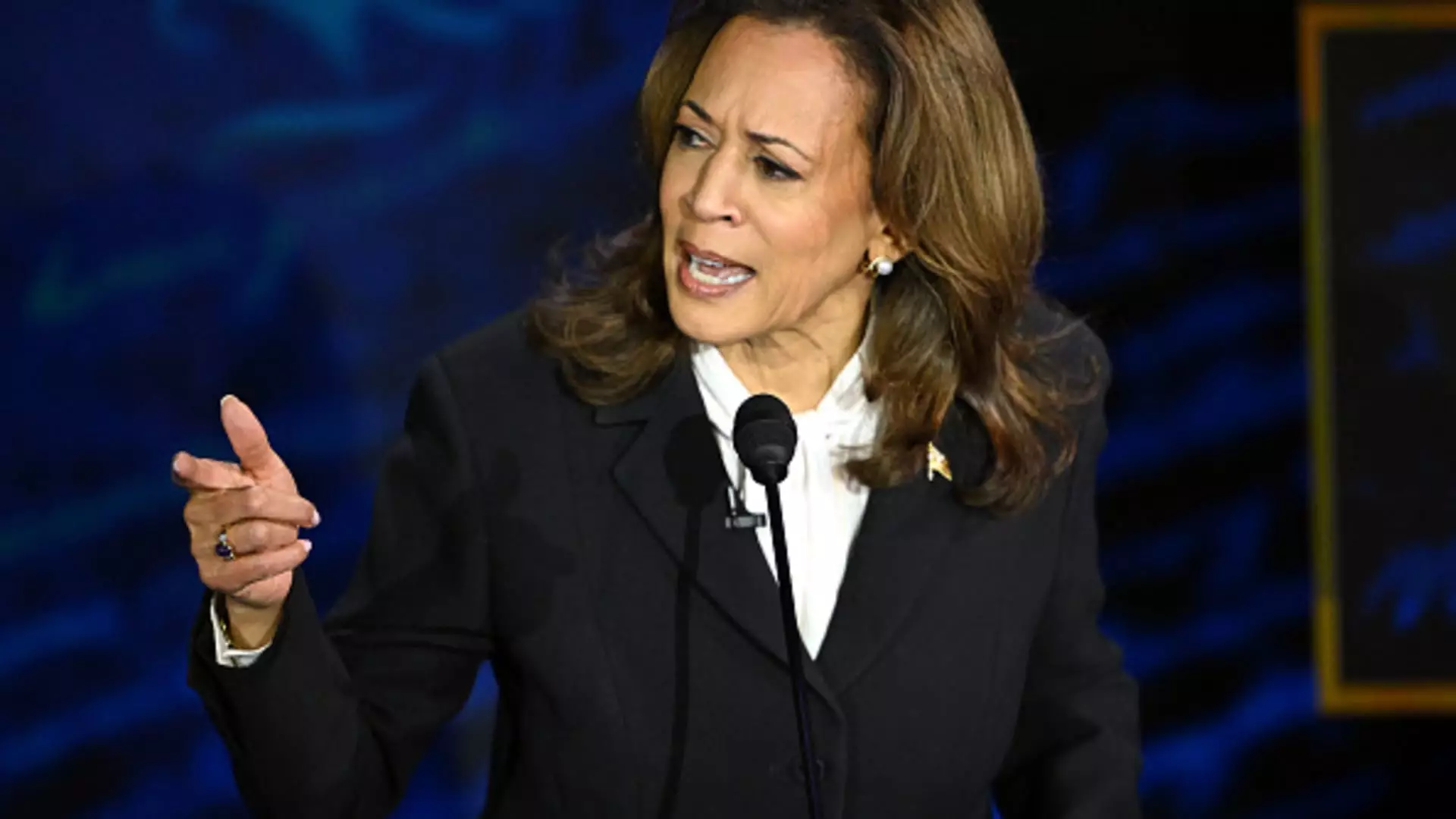During the recent presidential debate, Donald Trump made it clear that he was in favor of increasing trade duties on China. He defended his decision to impose blanket tariffs ranging from 10% to 20% and additional tariffs of 60% to 100%, stating that other countries owe the United States for their past actions. Trump emphasized that his administration had generated “billions and billions of dollars” from China through these tariffs. He also highlighted that the Biden-Harris administration had retained most of the tariffs imposed by his administration, indicating that they were essential for the country’s economic stability.
On the other hand, Kamala Harris used her time in the debate to criticize the Trump administration for its weak stance on China. She pointed out that under Trump’s presidency, the United States witnessed a significant trade deficit with China, one of the highest in American history. Harris accused Trump of initiating trade wars and jeopardizing national security by selling American chips to China, thereby aiding their military advancements. She emphasized the need for a comprehensive strategy that prioritizes American interests and supports domestic technological innovation.
One of the major concerns raised during the debate was the potential impact of increased tariffs on consumers. While Trump dismissed the idea of rising prices for consumers, Harris argued that the burden would fall on Chinese exporters and countries that had exploited the United States for years. The debate highlighted the contrasting views of the two candidates on the consequences of imposing heavy tariffs and the necessity of protecting American consumers from economic repercussions.
Future Economic Policies
Both Trump and Harris presented divergent approaches to handling China in the future. Economists and policy experts predict that Trump’s economic policy in a second term would likely focus on imposing extensive trade tariffs as a tool to address trade imbalances. On the contrary, Harris is expected to prioritize targeted restrictions in collaboration with U.S. allies, emphasizing a more diplomatic and strategic approach towards achieving economic goals. The debate underscored the importance of crafting a nuanced and effective China policy that aligns with America’s interests and furthers its economic prosperity.
The clash between Donald Trump and Kamala Harris on China policy during the presidential debate shed light on the contrasting visions these candidates have for the country’s economic relationship with China. While Trump advocated for aggressive tariffs to rectify trade imbalances, Harris emphasized the need for a comprehensive strategy that bolsters American competitiveness and technological innovation. The debate underscored the complexities of navigating international trade relations and the critical role that sound economic policy plays in shaping the future of the nation.


Leave a Reply